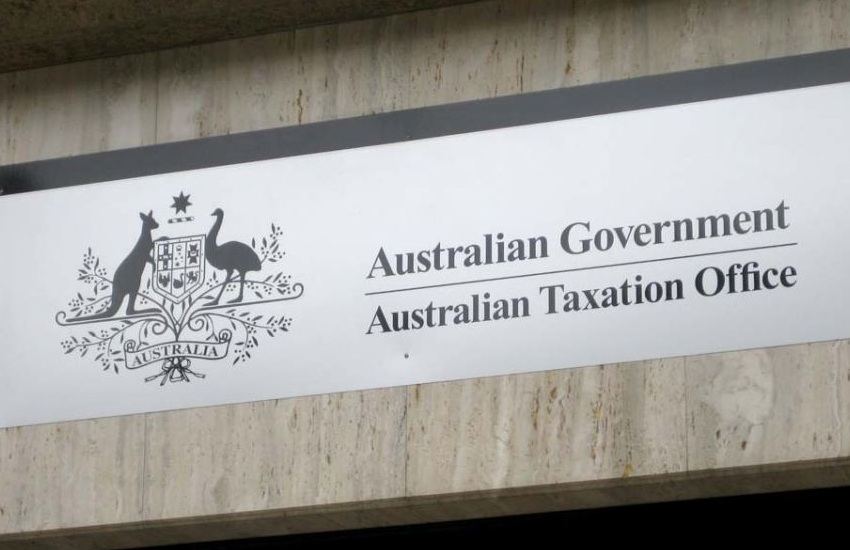The ATO’s Tax Help program is a free service utilising a network of “ATO-trained and accredited community volunteers” to help taxpayers with simple tax affairs, earning $60,000 or less in an income year complete their tax returns online using myTax.
According to the ATO, the program is available from July to October in all capital cities and various regional areas across Australia.
You’re out of free articles for this month
Speaking to Accountants Daily, Institute of Public Accountants (IPA) general manager of technical policy, Tony Greco said that while the ATO should provide administrative help and education as part of its services, it should not be seen to be competing with tax agents.
“It is a delicate balancing act to ensure that they don’t overreach,” said Mr Greco.
“There’s always a bit of tension there because practitioners see that as a step too far, whether its promoted heavily or goes beyond helping those without the means and that’s probably where there’s a bit of tension in the marketplace when they overreach.
“The role of the Tax Office is education and administration so there’s nothing to stop them from educating the marketplace of their obligations but if they are doing more than that then there's a little bit of overreach,” he added.
“If the ATO is marketing its services, you have to ask what is the intent behind the marketing – is it to help those who are unlikely to seek assistance because of their financial circumstances?”
The Tax Office has recently publicised a range of data samples which do not reflect well on the tax agent population, following almost a year of blistering hit outs from Commissioner Chris Jordan.
In its landmark individuals not in business tax gap report released ahead of tax time 2018, the ATO noted that 78 per cent of tax returns prepared by a tax agent required adjustments, compared to 57 per cent for self-preparers.
Just last month, the ATO noted that 60 per cent of the 112,000 tax returns that required correction in the first two months of tax time 2018 were lodged by tax agents.
The ATO has also classified tax agents into three groups: one, those who are “examples of the profession” and have the right processes and checks in place; two, agents who are making “avoidable mistakes”; and lastly, a small number of 500 tax agents who fail to go by the law.
This email address is being protected from spambots. You need JavaScript enabled to view it.
Jotham Lian
AUTHOR
Jotham Lian is the editor of Accountants Daily, the leading source of breaking news, analysis and insight for Australian accounting professionals.
Before joining the team in 2017, Jotham wrote for a range of national mastheads including the Sydney Morning Herald, and Channel NewsAsia.
You can email Jotham at: This email address is being protected from spambots. You need JavaScript enabled to view it.

 Login
Login







